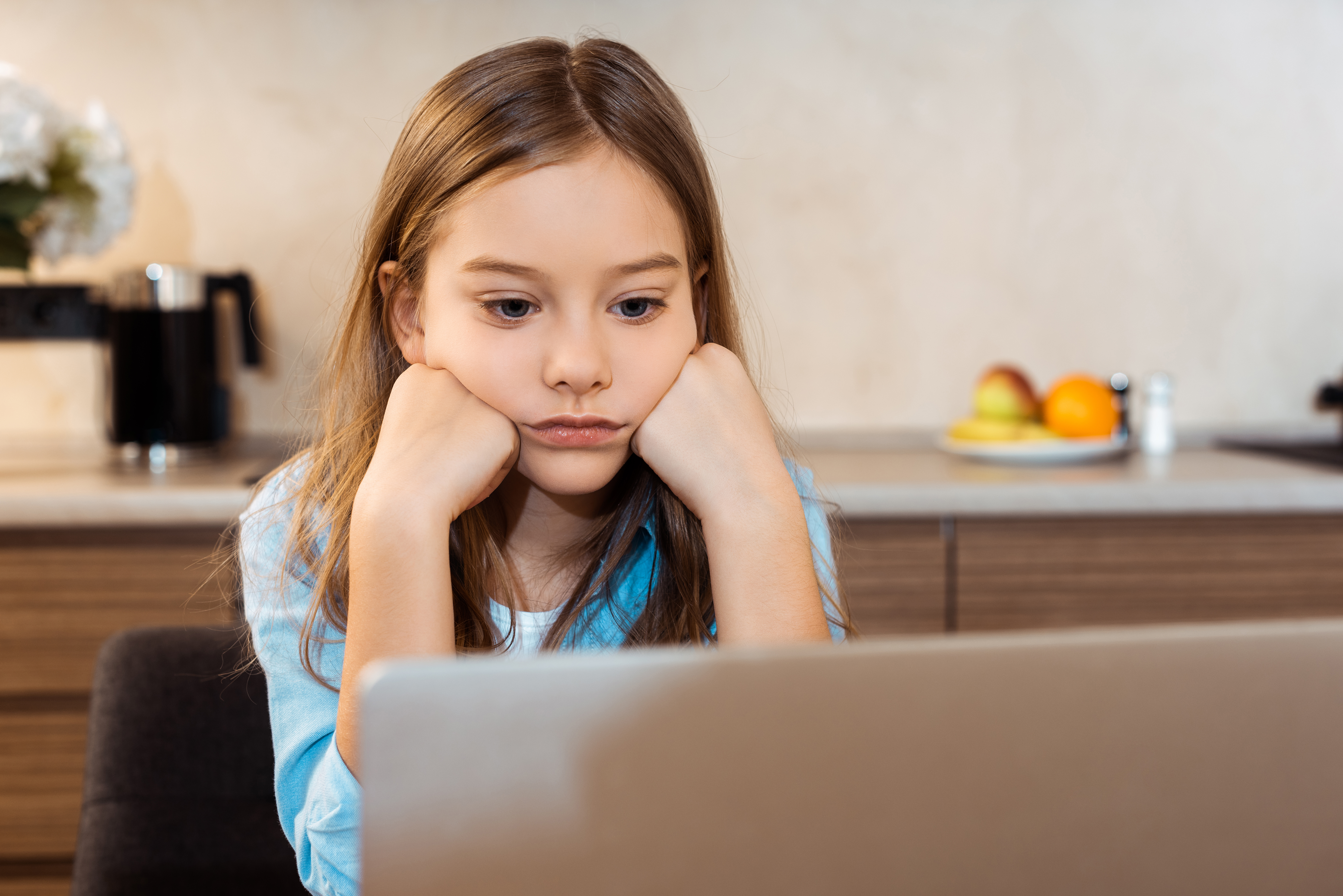When working parents across the country reflect on the past year, there are two clearly delineated categories that come to mind: the Before Times, when children went to school, parents went to work, and families formed the semblance of a routine, and the After Times, when a pandemic ripped across the globe, closing schools and office buildings, uprooting families’ lives, and forcing children, adolescents, and adults alike into a new and totally uncharted way of life. Parents, teachers, and caregivers everywhere are anxious about the potential negative impacts the COVID-19 pandemic may be having on the development of children and adolescents.
What are some potentially dangerous impacts of COVID-19 on development, and how can you mitigate them for the children you love?
Social relationships with peers have been stunted.
Children are naturally social beings. Engaging in social interaction is a healthy aspect of development across the lifespan, and in Before Times, that may have involved dropping your 3-year-old off at daycare or allowing your 13-year-old to host a slumber party for her birthday. COVID-19 abruptly halted normal social interactions, causing many young people to experience feelings of loneliness and isolation.
Young people are experiencing an increase in mental health issues, such as anxiety and depression.
Research shows that under normal conditions, one in six children experiences mental health concerns before the age of 18, and community crises only magnify this rate. Research shows that past occurrences of collective trauma, such as 9/11 and Hurricane Katrina, have caused long-term mental health implications for many children.
Youth are falling behind academically.
While many teachers are unsung heroes of the pandemic who are scrambling to create meaningful learning experiences that take place virtually or through independent work, the reality is stark: time lost in the classroom equates with academic loss for many students. While young people have already missed out on significant learning due to school closures in March, the future of the 2020–2021 school year also feels uncertain, leaving many parents and educators frantic to make up for the loss.
Young people are suffering from the lack of structured routine.
For many children and adolescents, a lack of routine has contributed to increased screen time and diminished physical activity. (This especially true for children who were previously active in sports.) Research shows that structure and daily routines benefit young people physically, mentally, and academically. The lack of structure thrust upon children as a result of the pandemic can have lasting effects.
Many parents, teachers, and caregivers are anxiously worrying about children’s needs during COVID-19, while also navigating their own stresses and fears about work, money, and health. Here are a few tangible steps you can take to mitigate the negative effects of the pandemic on the children in your life:
Build social-emotional learning opportunities into your child’s routine.
A guided curriculum, such as Empowering Confident Youth, can be completed virtually and is a great way to boost your child’s confidence and increase their resiliency. Actively participating in social-emotional learning content with your child is a meaningful bonding experience.
Encourage your child to process feelings through art or journaling.
Setting aside concentrated time together to focus on feelings is an important way to help your child feel safe and connected. You can start with a simple art prompt, such as, “Draw your current forecast. What’s your weather report today?” (For example: Cloudy? Rainy? Sunny?) You can also opt into a writing prompt, such as, “What is the strongest emotion you felt today? What caused it? What did you do next?” Having authentic conversations with your child reinforces the fact that strong emotions during the pandemic are completely normal, and it’s healthy to process them.
Create a healthy routine for your child.
A family walk on Thursday evenings? Ordering pizza on Fridays? Movie night on Saturdays? Creating a sense of normalcy and routine for your child, even during crisis, is critical to their healthy development. Finding ways to stay active, spend meaningful time together as a family, and engage in the little joys of life is important during this stressful and uncertain time. Routine helps your child stay grounded and emotionally healthy.
Support your child in engaging in positive, consistent relationships.
A network of safe, healthy relationships is critical for your child’s development during this time. Whether it’s a socially distanced play date with a peer, hosting a virtual game-themed birthday party with classmates, or supporting your child in maintaining ongoing relationships with teachers, mentors, or relatives, relationships are paramount to your child’s growth and well-being.


